Even Harvard Has to Care about the Student Value Proposition – Or Not
A recent Higher Ed Dive brief reported that Harvard has shut down its undergraduate teacher training program due to dramatically declining enrollment. In fact, over the last few years, between two and five students have enrolled in the program! How is that possible? Isn’t a degree from Harvard a ticket to the good life? Well, not if you want to be a teacher, social worker, etc. In short, customers decided that the ROI of a Harvard undergrad degree in teaching, despite the “prestige,” simply wasn’t viable.
What’s really interesting about Harvard’s decision is that rather than explore how they might create a better value proposition for undergraduate education students, Harvard being Harvard, with the help of a $40M donation, shifted the cost to external donors and moved the program to the graduate level, where it will be part of a fifth-year program largely funded by an external source rather than by student-customers.
Of course, in the big picture, none of this matters to Harvard. It doesn’t matter in terms of enrollment, revenue, reputation, mission or anything else. They are the rare institution that can simply ignore the fact that a program doesn’t provide value to students, shut it down, and do something else with tens of millions of donor dollars.
Strangely though, even institutions that are not positioned financially and otherwise to do pretty much whatever they want (most of higher education) also struggle to understand that most student enrollment decisions are a value proposition analysis. It’s not always about cost alone, but it is about return on investment of those tuition dollars and it’s very much about the process. Fewer and fewer potential students can commit years of their lives and tens or hundreds of thousands of dollars to a rigid, inflexible and high friction customer experience when the outcome, even if a student gets to that point, is dubious.
More broadly, the “no more teaching BAs at Harvard” reflects important inflection points in today’s higher ed ecosystem:
· Entry-level professional degrees at the bachelor’s level are losing perceived/real value across many sectors
· Institutions reluctant to recognize the profound erosion in the price/value proposition will require wealthy benefactors like Harvard to sustain themselves
· Institutions with the resources and courageous leadership to encounter audacious transformation have the best chance of being relevant and able to attract enrollment.
For most institutions, waiting until a program’s enrollment drops to single digits before teaching it out is an extravagant luxury. In this regard, Harvard is no role model.
